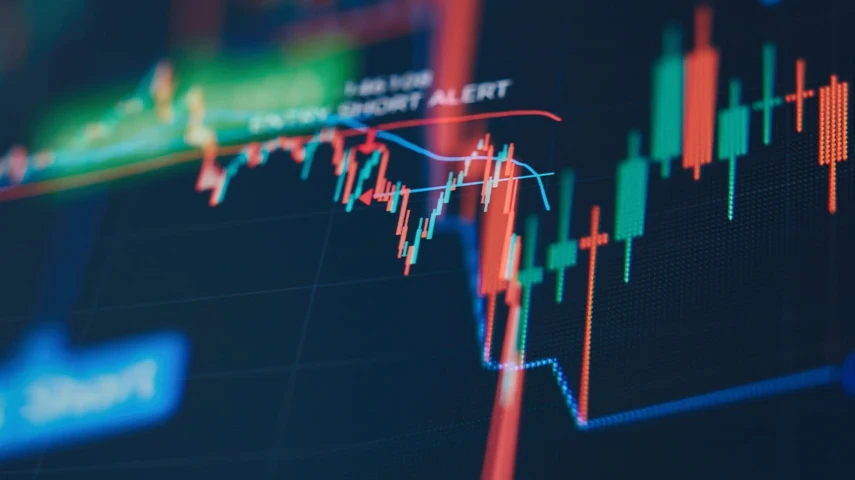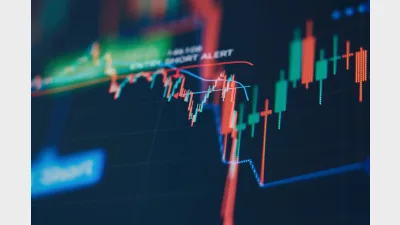Don’t count out Mag 7 just yet, says VanEck



The first wave of earnings reports for mega-cap tech stocks has led some to declare the end of the Magnificent Seven era, but VanEck remains broadly optimistic on its outlook.
The June quarter results for tech stocks such as Alphabet and Tesla have been mixed so far, but VanEck senior portfolio manager Cameron McCormack maintained that the Magnificent Seven isn’t going anywhere for the time being.
“They’re still going to be a very important part of anyone’s investment portfolio going forward,” he told Super Review sister brand InvestorDaily.
He said the real winner so far is AI, and the companies that have aligned themselves at the forefront of AI advancements are already starting to reap the benefits, pointing to Google’s parent company, Alphabet (GOOG), which beat estimates, reporting a 14 per cent increase in quarterly revenue.
Cloud-related revenue was the primary driver, experiencing a 32 per cent increase, with cloud, search, and subscriptions/platform/devices all exceeding expectations.
Much like Meta and Microsoft, the company is investing heavily in AI right now, having announced its capital expenditure (CapEx) plans for the year will reach approximately $85 billion.
McCormack said this bullish move on the company’s AI leadership would continue to drive strong momentum across every aspect of the business.
“Clearly there’s sufficient demand coming from all facets, when you think about the broader supply chain as well. So I think it’s a really positive step,” he said.
He said it’s also good news that despite CapEx increasing, free cash flow margins have still remained quite elevated – meaning that they’re being very efficient in terms of how they are recycling capital.
McCormack added that positive results extend to others in the Magnificent Seven family, with Nvidia shares continuing to gain momentum after the April rout – currently up nearly 20 per cent in the month to date, with a market cap surpassing US$4 trillion.
“The seven are overall well positioned despite valuations arguably being quite stretched,” he said.
Where he did admit some defeat was with Tesla, which missed expectations and was down 4.44 per cent in after-hours trading. McCormack said that this suggests the company’s competitive edge in electric vehicle production is slipping against China.
“Clearly they’re coming up against challenges because they don’t have as much of a moat, per se, given there’s increasing competition,” he said.
There is a general consensus of decoupling between Tesla and the rest of the crowd. While the other member companies have clear strategies for monetising the AI revolution, many are doubtful about Elon Musk’s assertion that Tesla is an AI company whose future hinges on the robotaxi model of self-driving cars.
Matt Britzman, senior equity analyst at Hargreaves Lansdown, had a different take and said that ultimately, the company’s objectively poor results were expected and somewhat inconsequential.
“Tesla is in a very small cohort of companies with enough growth potential that investors are, for now at least, willing to look past weakening core financials,” he said.
Britzman explained that while declining fundamentals were previously offset by AI hype, Musk’s warning that tough times could continue into 2026 has made concerns regarding tariffs, increasing expenses, shrinking margins, and difficulties with cash flow the new baseline.
“But with that now firmly built in as the base case, the AI story can take back the wheel,” he said.
More generally, McCormack advised investors to be selective about the tech companies they back, suggesting a prudent approach is to identify quality companies with stable but strong earnings growth.
He said VanEck prefers companies with lower financial leverage, as they have historically generated higher returns on equity and consistent earnings growth.
“Tesla doesn’t necessarily fit that mould, and you’re starting to see that more variable price movement coming through as well,” he said.
Despite this, McCormack maintained that the Magnificent Seven will continue to be a force – at least over the medium term – given their pricing power and position at the vanguard of technological advancements.
“That doesn’t look like it’s changing anytime soon,” McCormack said.
Recommended for you
Dan Farmer, chief investment officer of MLC Asset Management, has detailed how its super fund allocations have evolved and whether the fund will consider investing in bitcoin.
Australia’s superannuation capital has been positioned to play a larger role in south-east Asia’s economic development under a new government-backed deal.
Superannuation funds have become the dominant force behind Australia’s private markets boom, fuelling unprecedented growth and reshaping manager operations.
Reserve Bank governor Michele Bullock has said the central bank sees private demand picking up over the next year, taking over from public demand.










